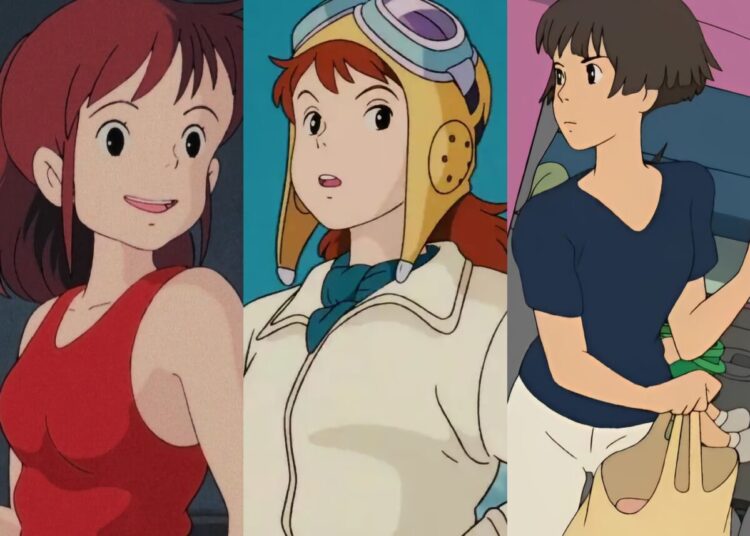“You’ve been in Japan too long when you ‘teach’ someone your phone number.” Of course, we all use different words for different functions, and even within dialects of a single language words are “mapped” quite differently — for example, if you’re in North America, do you consider a carbonated beverage to be ‘soda,’ ‘pop,’ ‘coke’ or a ‘soft drink’? It varies linguistically by region. In Japanese, certain words are used in situations that seem odd to English speakers at first. For example, when you ask someone to tell you their phone number, you’d use the word oshiete, which means “please teach me,” which takes some getting used to. Similarly, in my dialect of English I “buy” (kau) gas for my car, but in Japan you always use the verb “put in” (ireru) instead, and my Japanese friends kept correcting me when I’d use the wrong word. The strange word mapping goes the other way, too. In Japanese the concept of “good” taste (oishii) and “good” quality (ii, pronounced like “ee”) are completely separate, so there’s a tendency for Japanese to not like using the word “good” about how food tastes — their brain rebels against the violation of its internal rules, which is why you may notice that Japanese people sometimes over-use the word ‘delicious’ when they speak English, such as “Don’t eat that, it’s not delicious.”
Like most people, the Japanese have a lot of respect for the business leaders who have created enduring organizations, with Thomas Edison very near to the top of the list. Another man who is well respected in Japan is Konosuke Matsushita. Very poor as a child, he was forced to leave school in the 4th grade and start working to help support the family. Trained as an electrician’s assistant, he soon got an idea for a new kind of electric socket, and in 1918 he founded a company to manufacture it with his wife and brother-in-law. This was the beginning of the Matsushita Electronics Company, more famous under its other name of Panasonic, which managed to grow from a tiny shop in Osaka into the largest electronics maker in Japan. That’s not bad for a guy with no education or capital doing business in a country that lacks an American-style “two guys named Steve in a garage” type of entrepreneurial tradition. Like all Japanese companies, Matsushita is into a few businesses that might surprise you, including racing bicycles, home construction (as “Panahome”), and elevators. After he retired, Konosuke went on to write books on his approach to business, and founded a Dale Carnagie type management school. He’s said that the man he respects the most is Hideyoshi Toyotomi, one of the three “unifiers” of Japan who started out as a peasant but managed to work his way up to the position of de facto shogun of Japan. Like Hideyoshi, Konosuke said he never shied away from any job that was assigned to him, no matter how menial or dirty it was, which was one secret of his success.
There’s some strange connection between the Japanese and Cream Soda, because I had a friend who lived in an apartment called Apartment Cream Soda.















